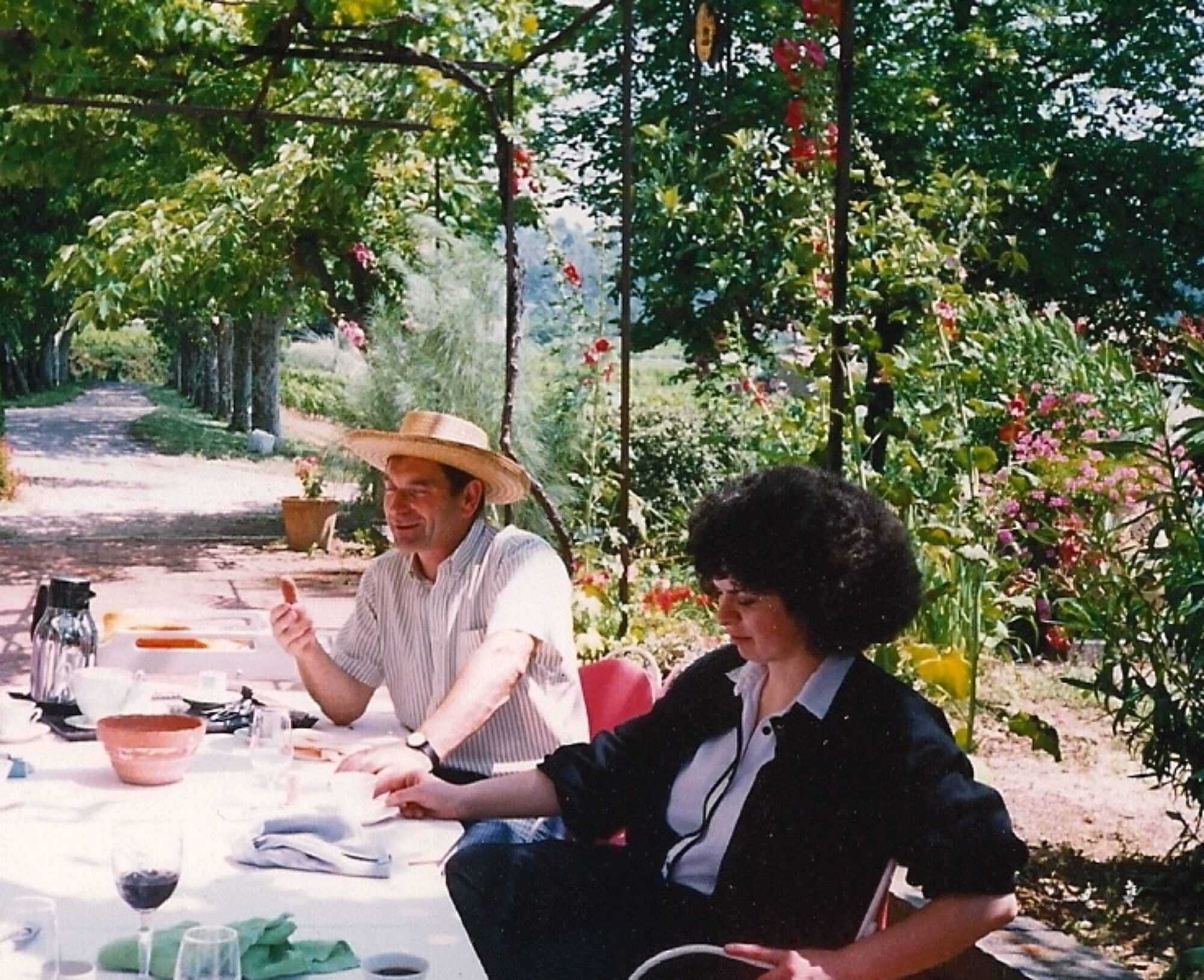Almost twenty years after I began it, I finished this translation of Gabriele D’Annunzio’s La pioggia nel pineto. Or, perhaps with a nod to Valéry, I should say I’ve abandoned it.
*
Shh! On the verge
of this thicket I hear
no human words.
The voices I hear
emerge
as droplets loom
on leaves.
Listen. Rain
strewn from scattered clouds
falls on brittle
pods
of tarmarind,
on needles
of scabrous pine,
on myrtle divine.
Rain wets the effulgent
bloom of broom,
fragrant tufts of juniper,
our idyllic faces,
our bare
hands. Rain
soaks the spare
fabric with which our flesh
is clad, thoughts here
disclosed afresh,
the alluring fable
which deluded you,
Hermione,
now deluding me.
Do you hear? Rain falls
on lonely growth,
its sound
upon boughs both
thick and sparse
various in the air.
Listen. Cicada calls
respond to this lament,
their cry
quelled neither by heat
nor this ashen sky.
The pine
has one sound, myrtle
another, juniper
yet another, each
an instrument
ployed by numerous
plangent fingers.
Immersed in this choir
we sylvan sprites
live out similar,
vital branching lives.
And like a leaf
your exalted
face is soft
with rain, your head
of hair as odorous
as the lambent broom,
O creature so earthly
who bears the name:
Hermione ….
Listen, listen:
the polyphony of
cicadas in the air
bit by bit subsides
as weeping rain
swells into
plangent dirge
emerging
from distant dark
damp depths.
That churr dwindles.
Only a trembling
sostenuto hangs,
wavers, swells,
quavers, fades.
Not the sea’s voice
but the silver rain’s
cleansing thrum,
its patter’s timbre
treble or bass
depending on the leaves.
Listen. The daughter
of air is hush
but the daughter
of distant silt,
a frog, croaks
from deep shadows
— who knows where,
who knows where?
And rain falls
on your lashes,
Hermione ….
Rain falls on
your dark lashes,
as if you weep,
but from pleasure,
drops of sap
seeping through bark.
For the fresh scent
of life dwells within us,
your heart
an untouched peach
within your breast,
eyes within their lids
springs stirring in grass,
teeth green almonds
in their sockets.
So we pass from patch to patch,
now bound, now not.
Tenuous green
shoots entangle our ankles,
entwine our knees
— who knows where,
who knows where?
And rain keeps falling
on our idyllic
faces, our bare
hands. Rain soaks
the spare
fabric with which our flesh
is clad,
thoughts here
disclosed afresh,
the alluring fable
which deluded me
and now deludes you,
Hermione.
(After Gabriele D’Annunzio. The original Italian can be found
by searching for Taci. Su le soglie.)
*
D’Annunzio was a mad poet who lived at the turn of the century, the one before last — a moment in time I increasingly feel myself to be better fit for than this one, even if fit means being a bit mad like the poet.
This strange affinity prompted me to this post. I began working through versions of the poem during the short months I was based in Cortona, in Tuscany, teaching Canadian students the rudiments of life and culture in Italy and, it goes without saying, speaking and reading as much Italian as I could manage. This took place at the last turn of a century.
It was a millennial moment. I was fifty-five. So I didn’t experience a mid-life crisis then and there. Had been there, done that. Instead, I suffered an abrupt and surprising shift in perspective. Suddenly I realized, years after the mathematical fact, that there were more yesterdays behind me than tomorrows ahead, that I should seize what I could from the latter as they become todays, a banal enough resolution but one which the beseeching words of D’Annunzio seemed to anticipate, augur.
The vocative mode is not grammatically marked in many of the world’s languages. It always lies beneath speech, especially in lyric. Though the aim of the poet may well be the self-satisfying internal beauty of the words themselves, poetry is often cast into dialogue or dialogic form, a scenario played out in two voices, a first person calling out to a second usually mute other, appealing, berating, regretting, going without response.
Alas, that internal beauty, a poetic memory of the flesh, is all that remains, once time moves on.
